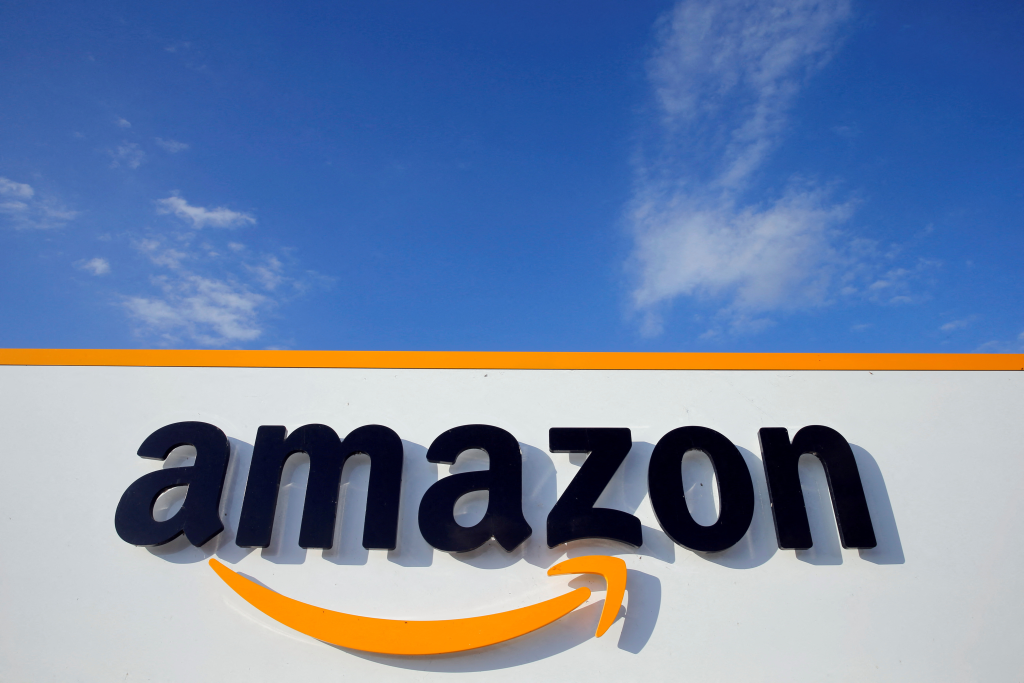Amazon won partial dismissal of an FTC lawsuit alleging illegal monopoly practices.
The FTC accused Amazon of stifling competition by coercing sellers to use its service.
The ruling is part of broader government scrutiny of Big Tech under the Biden administration.
Amazon just won a partial dismissal of a Federal Trade Commission lawsuit that accused it of operating an illegal monopoly.
In September 2023, the FTC sued Amazon for stifling competition by punishing vendors who sell their items cheaper on rival platforms and for forcing sellers to use Amazon’s own fulfillment service. The competition watchdog started investigating Amazon in 2019 over its business practices.
On Monday, a federal judge in Seattle partially granted Amazon’s earlier motion to dismiss the case, citing court records. In December, the e-commerce giant asked the judge to dismiss the case. At the time, Amazon said its practices were standard for all retailers and the FTC had failed to identify harm to consumers.
But the FTC can continue to pursue claims that the judge did not dismiss.
The FTC and Amazon did not immediately respond to a request for comment sent outside regular business hours.
The lawsuit is one of several FTC investigations into Amazon in recent years, as the federal government takes a harder line against Big Tech companies, including Amazon, Meta, Google, and Nvidia.
Last year, the agency sued Amazon in another case, saying it lured unwitting customers into Prime subscriptions and created a “labyrinthine” process to cancel it. The company “knowingly duped millions of consumers,” the FTC said in its complaint, filed in federal court in Washington state.
The FTC is also investigating the company’s use of Signal, an encrypted messaging app, and how its executives used a disappearing messages feature that may have destroyed information relevant to the agency’s investigation.
Big Tech crackdown
The partial dismissal comes amid a wave of lawsuits brought on by the US government against Big Tech. Under the Biden administration, the FTC has been examining deals more closely and pushing for more aggressive competition policies.
In August, a federal judge described Google as a monopoly and said that Alphabet’s deals to make Google the default search engine on other platforms violated competition laws while accruing billions of dollars in revenue. The Department of Justice is now mulling whether to seek a breakup of the company.
The same month, the agency was reportedly investigating Nvidia’s acquisition of an Israeli AI startup called Run:ai and how the chipmaker pressured cloud providers to buy multiple products.
Earlier this year, the DOJ sued Apple in an antitrust lawsuit, saying the company illegally maintained a smartphone monopoly by “delaying, degrading, or outright blocking” other technology in the market.
In 2022, the FTC repeatedly tried to block Microsoft’s acquisition of Activision Blizzard, a leading video game developer. The agency said that the $69 billion deal would suppress competition in gaming.
The US government has also filed similar recent lawsuits against Tesla and Meta.



